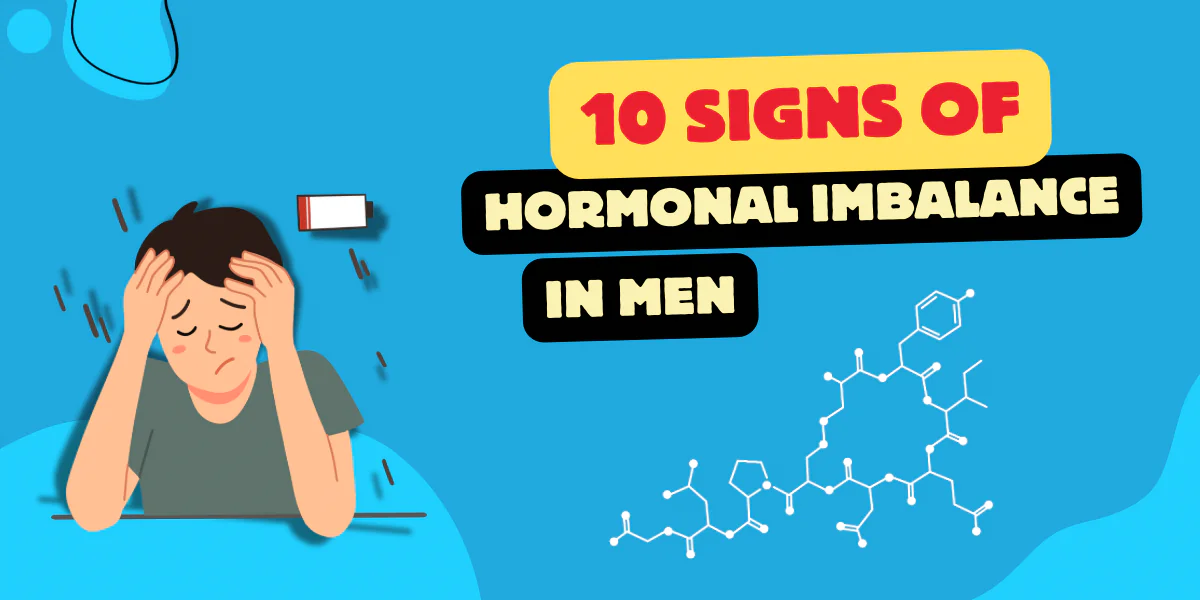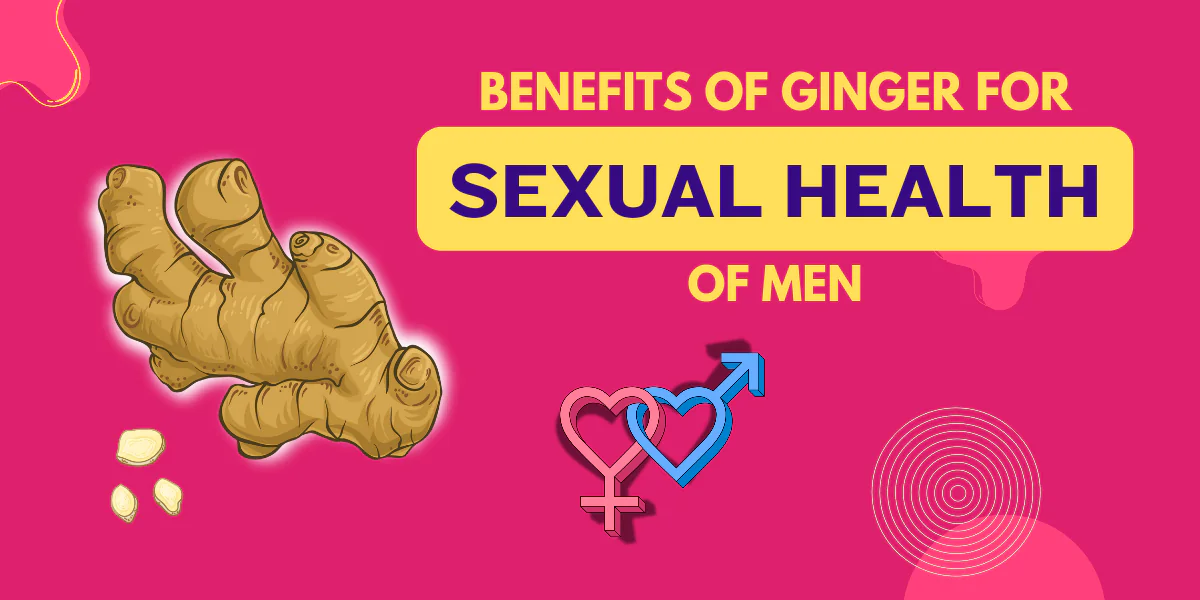Hormonal balance is crucial for maintaining optimal health in men. Hormones regulate numerous bodily functions, including metabolism, mood, and reproductive health. A hormonal imbalance can lead to various physical and mental health issues. Recognizing the signs of hormonal imbalance in men is essential for timely intervention and treatment. Below are ten key indicators that you shouldn’t ignore.
Fatigue and Low Energy Levels
One of the first signs of hormonal imbalance is persistent fatigue. Men may feel exhausted even after a full night’s sleep. Low testosterone levels, which are common in older men, can lead to decreased energy and increased fatigue. Research has shown that about 20% of men over 60 have low testosterone levels, which can significantly affect energy levels and overall well-being.
Changes in Mood and Irritability
Hormonal imbalances can also cause mood swings and irritability. Fluctuations in testosterone levels can lead to feelings of anxiety, depression, or irritability. A study published in the Indian Journal of Psychiatry found that men with low testosterone often report mood disorders, indicating that maintaining hormonal balance is vital for mental health.
Decreased Libido
A noticeable decrease in sexual desire is another significant sign of hormonal imbalance. Low testosterone levels can result in reduced libido and may affect sexual performance. According to the Journal of Sexual Medicine, approximately 40% of men over 45 experience decreased libido due to hormonal changes.
Weight Gain and Increased Body Fat
Unexplained weight gain, particularly around the abdomen, can signal hormonal imbalance. An increase in estrogen levels or a decrease in testosterone can lead to weight gain, particularly in middle-aged and older men. The Diabetes & Metabolism Journal indicates that men with lower testosterone levels often have a higher body fat percentage, which can lead to further hormonal disruptions.
Muscle Weakness
Hormonal imbalances can result in muscle weakness or loss of muscle mass. Testosterone plays a critical role in muscle development, and low levels can lead to decreased strength and muscle atrophy. A study published in The Aging Male highlights that men with low testosterone levels experience significant muscle weakness compared to those with normal levels.
Sleep Disturbances
Hormonal imbalances can disrupt sleep patterns. Men experiencing low testosterone may struggle with insomnia or have poor-quality sleep. Sleep disturbances can further exacerbate fatigue and mood issues. A report from the Indian Journal of Endocrinology and Metabolism suggests that low testosterone levels can lead to sleep apnea, affecting overall health.
Hot Flashes and Sweating
While hot flashes are often associated with women going through menopause, men can also experience them due to hormonal imbalances. Changes in testosterone levels can lead to sudden feelings of warmth, excessive sweating, and discomfort. These symptoms are often overlooked but can significantly impact quality of life.
Changes in Hair Growth
Hormonal imbalances can affect hair growth patterns in men. Decreased testosterone levels may result in thinning hair or increased body hair. Conversely, an increase in estrogen can lead to breast tissue development (gynecomastia) and changes in hair distribution. The Journal of Clinical Endocrinology & Metabolism emphasizes the relationship between testosterone levels and hair growth in men.
Memory Issues and Cognitive Decline
Cognitive changes, such as memory issues and difficulty concentrating, can also indicate hormonal imbalance. Low testosterone levels have been linked to cognitive decline and an increased risk of dementia. A study published in Neurobiology of Aging found that men with lower testosterone levels performed worse on cognitive tests compared to those with normal levels.
Decreased Bone Density
Finally, low testosterone can lead to decreased bone density, increasing the risk of osteoporosis. Men with hormonal imbalances may experience weakened bones and a higher likelihood of fractures. The Indian Journal of Orthopaedics highlights the importance of maintaining testosterone levels for bone health in men, especially as they age.
Conclusion
Recognizing the signs of hormonal imbalance in men is crucial for maintaining overall health and well-being. If you notice any of these symptoms, it’s essential to consult a healthcare provider for further evaluation. Hormonal imbalances can often be managed with lifestyle changes, hormone replacement therapy, or other medical interventions. Early intervention can significantly improve quality of life and prevent more serious health issues down the line. Taking proactive steps toward understanding and managing hormonal health is key to thriving as you age.
Read also: Does Excessive Gym Workouts Affect Male Fertility?
Medical Disclaimer: This article is for informational purposes only and is not a substitute for professional medical advice. Always consult with a healthcare provider for personalized recommendations.




















